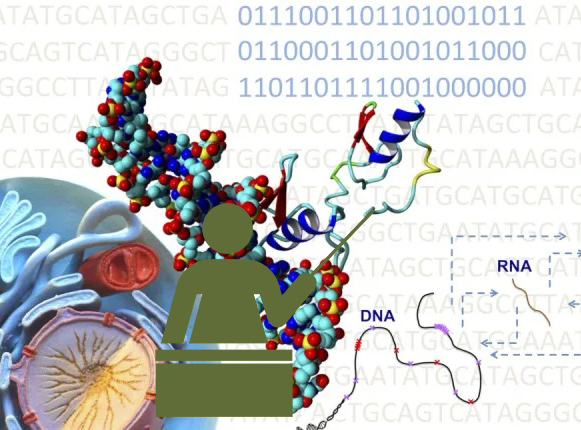The course presents the fundamental principles of translational genetics and the computational methods applied to exploit data provided by state-of-the-art technologies (eg Whole Genome Sequencing, RNA-seq, DNA methylation assay). The purpose is to acquaint the student with computational techniques for the combined analysis of genetic information at the sequence level as well as the transcriptional and translational profile and epigenetic modifications, and the discovery of correlations with phenotypic characteristics. The course material covers a wide range of modern computational approaches, such as translational bioinformatics, machine learning and deep learning techniques, and computational models for structure prediction and interaction networks prediction.
The course focuses on methodologies for the analysis of genetic diversity and polymorphisms at the population level in terms of specific phenotypic traits through genome-wide association studies and the calculation of the polygenic risk index, as well as modern approaches for the computational analysis of genetic diversity in the context of genetic epidemiology. It focuses on the student's expertise in computational tools and methods for the clinical utility of electronic health records and medical data and deals with the application of artificial intelligence and machine learning algorithms to investigate genotype-phenotype associations. Finally, it includes a more general overview of the architecture of computational applications for the clinical diagnosis, prevention and treatment of pathologies based on the clinical and genetic profile.

